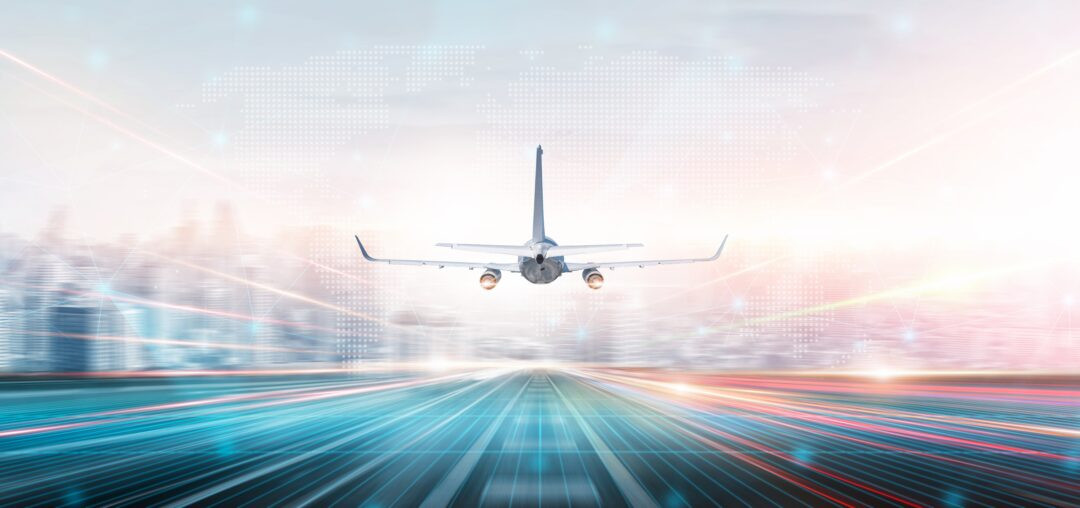
Since global trade is subject to structural transformation towards the first, sensitive, and data -based domestic supply chains, the air sector in India is facing a pivotal challenge: can it up speed enough to remain relevant in the new global economy?
With explicit sizes of fiery air conditions, it is expected to grow by 15 to 18 percent annually and it is expected that e -commerce across the border will exceed $ 140 billion by 2030, the risks are high.
Expressing accuracy
Alk Kumar Singh, the leading logistics in Tata Semiconductor, highlights the pressure in high -value manufacturing. Singh warned, “The semiconductors rely on the stock in a timely manner; delays can lead to 30 minutes to successive production losses,” Singh warned. He pointed out that the company’s air use increased by 60 percent in the past year alone due to its dependence on air corridors for photography, chips and chemicals sensitive to temperature.
Singh called for the prediction tools driven by artificial intelligence to improve the possibility of prediction of bullets and improving the willingness to ship. He said: “We need predictive logistics, not only the interactive movement,” as the industry and the government urged the technology infrastructure to support the advanced manufacturing sectors.
The susceptibility to data and infrastructure
Parinnder Singh, Managing Director of Hans Infomoice, emphasized the shortcomings in the ecosystems for fragmented shipping in India. He said: “The old systems are written and transparent, but modern trade requires integrated and integrated platforms. Without a common vision, we lose precious hours.”
According to Singh, it can reduce the platforms that allow EWBS, living customs information panels, and procedural recharge community systems by up to 30 percent. However, the adoption remains low. He warned, “Unless the organizers make these digital tools mandatory, absorption will remain uneven.”
Learning from regional leaders: measurement against Asia Pacific and European Union corridors
Rajesh Menon, the regional head of goods (Southeast Asia, the Middle East and Africa) in Cathy Carbo, presented a comparison lens. “India has powerful drivers of macro – the demographics wills, and political will – but operating consistency does not exist. While the rapid clearance of goods at Hong Kong Airport is less than four hours, Indian metro airports are still 12 to 18 hours,” he explained.
The shortcomings of these India are in contradiction to the standards of global trade facilitation under the Facilitation Agreement on the World Trade Organization (TFA). Menon emphasized that India’s competitiveness depends on coordinated habits, a single resources, and faster transfer protocols.
Economics of the platform
Joyce Tae, CEO of Freightos, stressed the role of digital shipping markets. “Transparency generates speed. If the charger knows the prices, availability, and the status of compliance in an actual time, it opens the direction faster and save costs,” she said.
Freightos data shows that digital reservations in the Asia and Pacific region increased by 85 percent in 2024, as India witnessed the highest growth after Vietnam. However, Tai warned that the interconnection of data should not come at the security expense. “Data work frameworks are needed to balance commercial empowerment with national supervision,” she said.
Digitization is now existential
Ravinder Kumar Panthri, FEDEX sales manager, drew a picture of customer expectations that surpassed the current infrastructure. He said: “Customers no longer only ask for speed, but they complete the transparency and the ability to predict. Except management and automatic re -guidance are basic expectations.”
FEDEX has invested in planning the artificial intelligence and packaging track that supports IOT and that monitors the actual shipping conditions. The company witnessed a 23 percent increase on an annual basis in explicit exports from India to Southeast Asia, which is largely driven by small companies that benefit from e -commerce platforms.
“The future is not only the technology fly, it depends on technology,” said Banathari. He urged the government to include digital logistics services as a key component in national industrial and commercial policy.